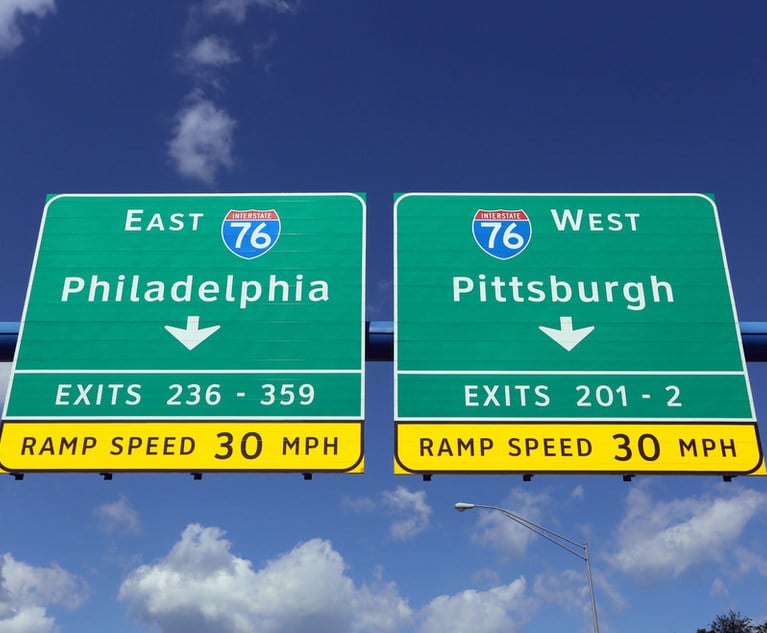The most recent round of permits for small municipal separate storm sewer systems (MS4s) in Pennsylvania requires municipalities with MS4s to regulate stormwater in a manner that will impact development. MS4 municipalities with stormwater systems that discharge into “impaired” waters must develop and implement pollution reduction plans (PRPs) to demonstrate measurable reductions in pollutant discharges, including those impaired waters with total maximum daily loads (TMDLs), or “pollution budgets,” established for them. For the first time, the permit scheme holds municipalities accountable to show numeric reductions in pollutant loads from stormwater.
Municipalities within the Chesapeake Bay watershed may be impacted the most. Because the Chesapeake Bay is an impaired water for sediment and nutrients, this requirement applies to all MS4s within the Bay watershed. The impact on municipalities is rather obvious, although how the reductions will ultimately be achieved is not. The reductions will entail public projects, at additional cost, to reduce runoff volume in urbanized areas. Many municipalities have placed their MS4s under an authority and begun to impose stormwater fees to pay for upgrades. But these changes may also have significant impacts on private developers as well.


 Stephen J. Matzura, left, and Scott A. Gould, right, of McNees Wallace & Nurick.
Stephen J. Matzura, left, and Scott A. Gould, right, of McNees Wallace & Nurick.




